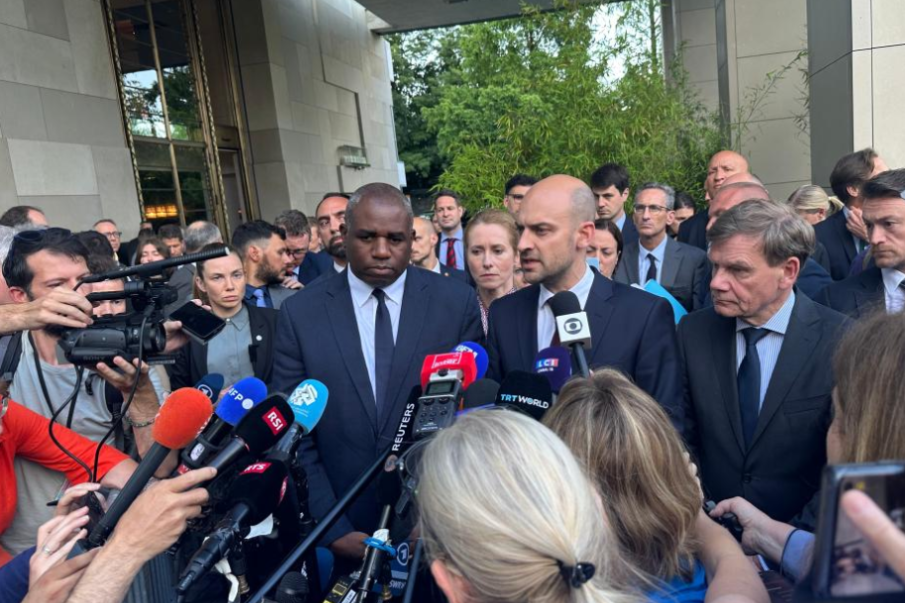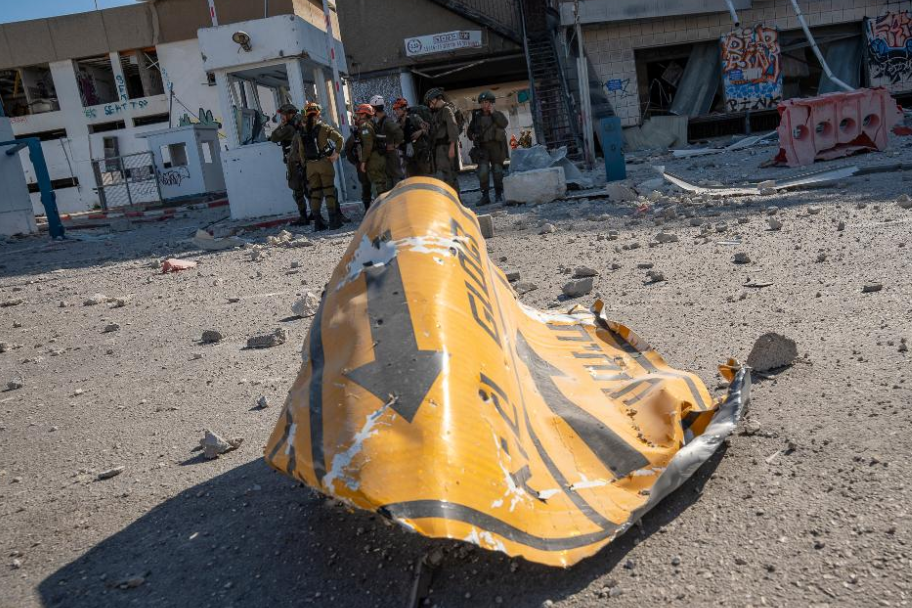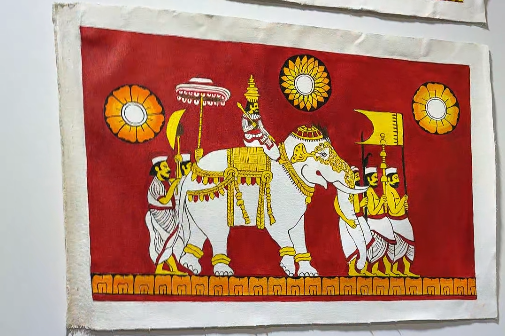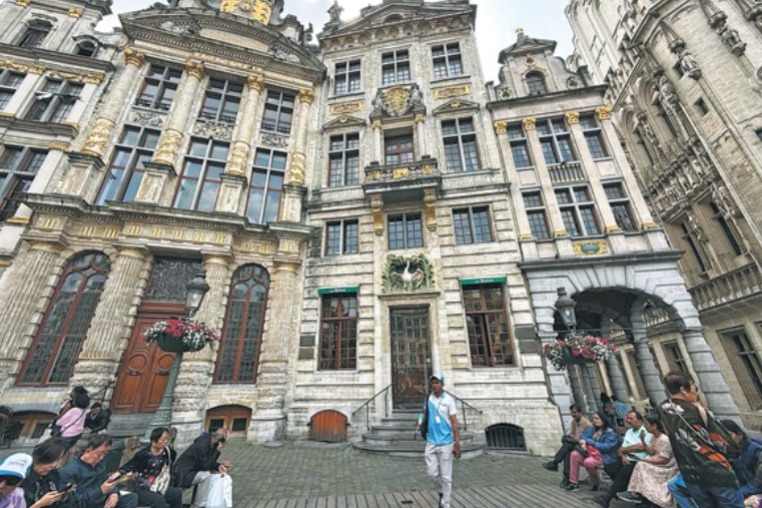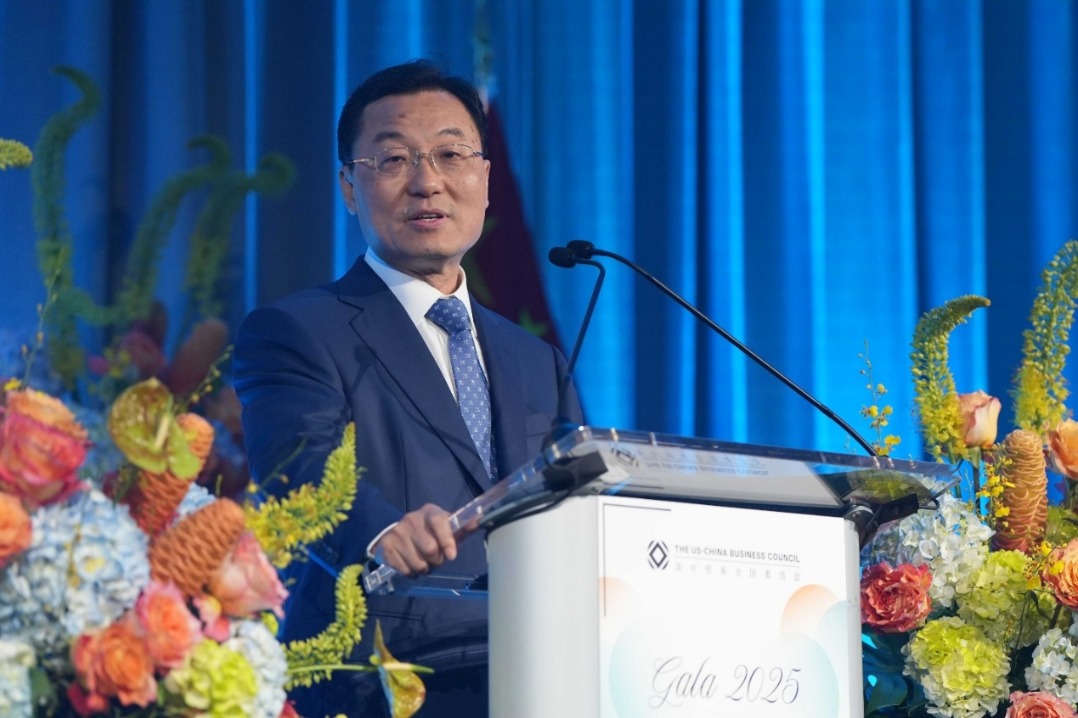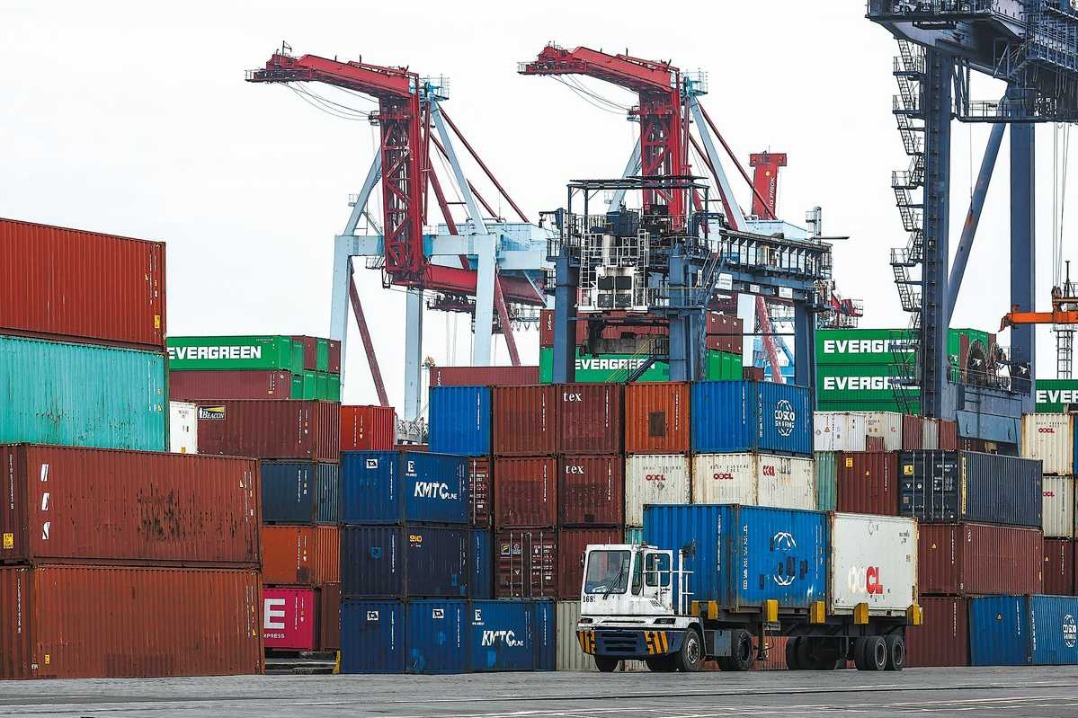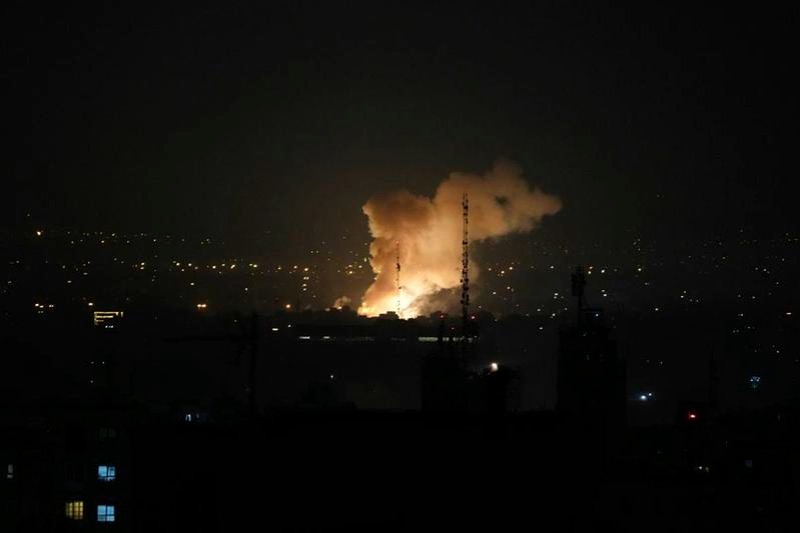China's Lifeline Express opens window of hope in Central Asia

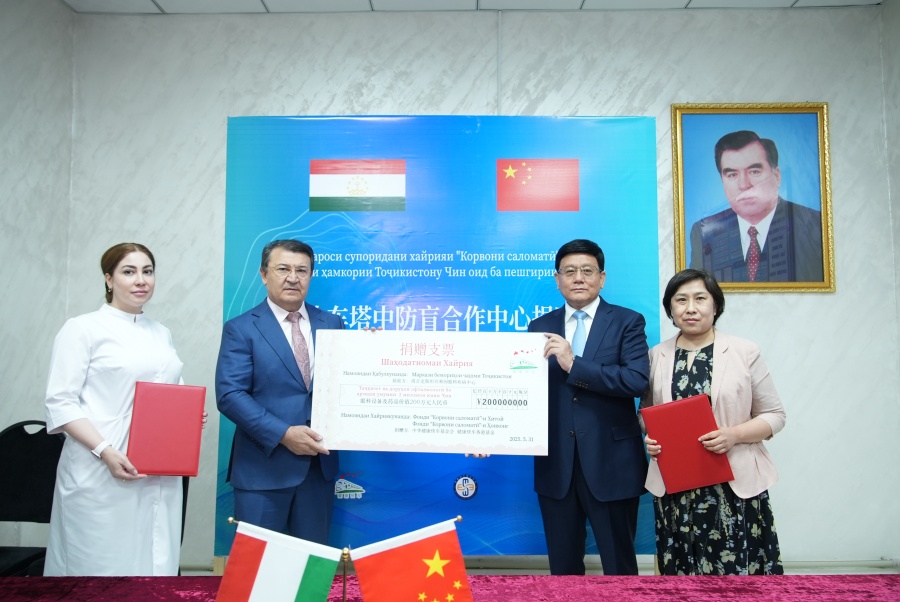
Among the treasured memorabilia that eye specialist Hou Xianru keeps from his extensive medical missions to restore eyesight is an embroidered handmade cushion gifted by an Uzbek patient in her 80s.
"She regained her eyesight after I performed a surgery on her cataracts. Noticing that we spent long hours examining and operating on eyes under the microscope, she stitched the traditional gift and insisted we take it home before leaving," he said.
"She hoped her small gift could help ease our fatigue at work," said Hou, a senior ophthalmologist at Peking University People's Hospital. "Though modest in size, it carries the sincere gratitude of someone from afar. I've cherished it ever since."
Such heartwarming moments have defined Hou's journey with Lifeline Express over the past seven years as a medical aid worker, a project that transforms trains into mobile hospitals for cataract surgeries.
The project was launched in 1997 as a gift to the Chinese mainland from the people of Hong Kong to commemorate the city's return to the motherland. It has since provided free surgeries for 240,000 patients in 28 provincial-level regions across China.
Since 2016, the project has been assisting neighboring countries under the guidance of the National Health Commission, carrying out more than 4,300 operations overseas, including some in Kyrgyzstan, Tajikistan and Uzbekistan.
Hou first participated in Lifeline Express' domestic assignments in 2004, crisscrossing remote regions with scarce healthcare.
"I found the work on the train hospital to be very pure. Removed from the hustle and bustle of urban noise, my mind sharply focused on the single thought of helping more patients and restoring sight to those living in darkness," he said. "I was also able to hone my surgical skills during the process as well."


















